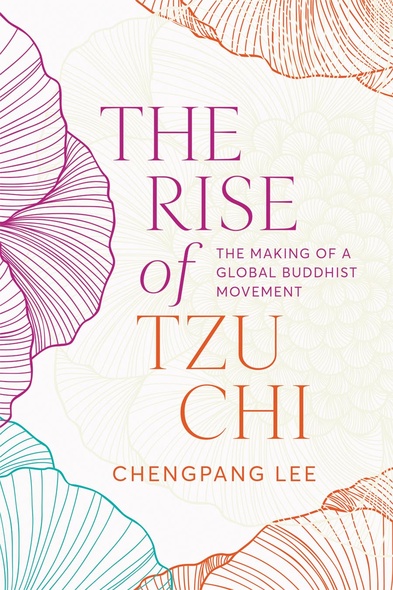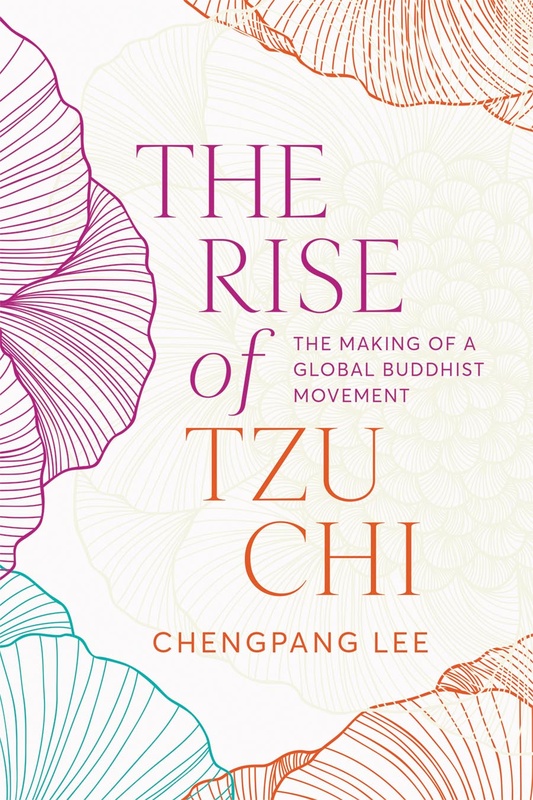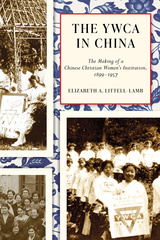
With ten million members worldwide, Tzu Chi has influence unmatched by most East Asian religious and non-profit organizations. The Buddhist foundation was established in Taiwan in 1966 by nun Cheng Yen and a group of laywomen. As with most religious movements, its success is often attributed to a charismatic leader, but The Rise of Tzu Chi offers a strikingly new analysis.
Chengpang Lee asks a fundamental question: How can an organization centralize power while maintaining significant diversity? Drawing on historical documents and extensive international fieldwork, Lee traces the origins of Tzu Chi’s distinctive and apparently contradictory trajectory. Although authority is centralized, it is not authoritarian. Each unit of the organization is granted significant autonomy for spontaneous local action. The result has been an exceptional array of charitable initiatives: the world’s first crowdfunded hospital, a Taiwan-wide recycling system, Asia’s most effective bone marrow bank, a new university, and a global medical humanitarian team.
Lee convincingly demonstrates that its unique capacity to synthesize religious and lay leadership has allowed Tzu Chi to continuously integrate heterogeneous elements and mobilize powerful social classes to achieve charitable ends. The Rise of Tzu Chi shows us a dynamic Asian religious movement with diversity at the root of its global success.
Offering a wholly new framework of analysis, The Rise of Tzu Chi will reach a global audience of Tzu Chi adherents as well as non-profit managers, scholars, and students of Asian religion, Buddhism, and the organization of social movements.
In moving the story of Tzu Chi from religious studies to the realm of sociology, Chengpang Lee allows us to understand it in terms of the institutional transformations of Taiwan together with its relations with the rest of the world. This book thus adds new perspectives not only on Tzu Chi but on the development of modern Taiwan.
This is an outstanding book about one of the largest humanitarian organizations in the world.
Unsatisfied with existing explanations of the rise and strength of Tzu Chi, Chengpang Lee has produced what will be one of the defining books on the movement. It is an essential read.
Chengpang Lee is a professor in the School of Sociology at Central China Normal University in Wuhan, China. He completed a postdoctoral fellowship in Chinese public policy at the Ash Center for Democratic Governance and Innovation at Harvard Kennedy School in Cambridge, Massachusetts, and serves on the boards of several associations focused on public health, East Asian geopolitics, and knowledge production.
1 Encountering Tzu Chi in a Peripheral Town
2 The Back Mountain
3 The Young Nun and Her Followers
4 Forging the Organization
5 Buddha as a Doctor
6 The Power of the Hospital
7 The Globalization of Tzu Chi
8 Opportunities and Challenges in the New Era
Notes; References; Index






